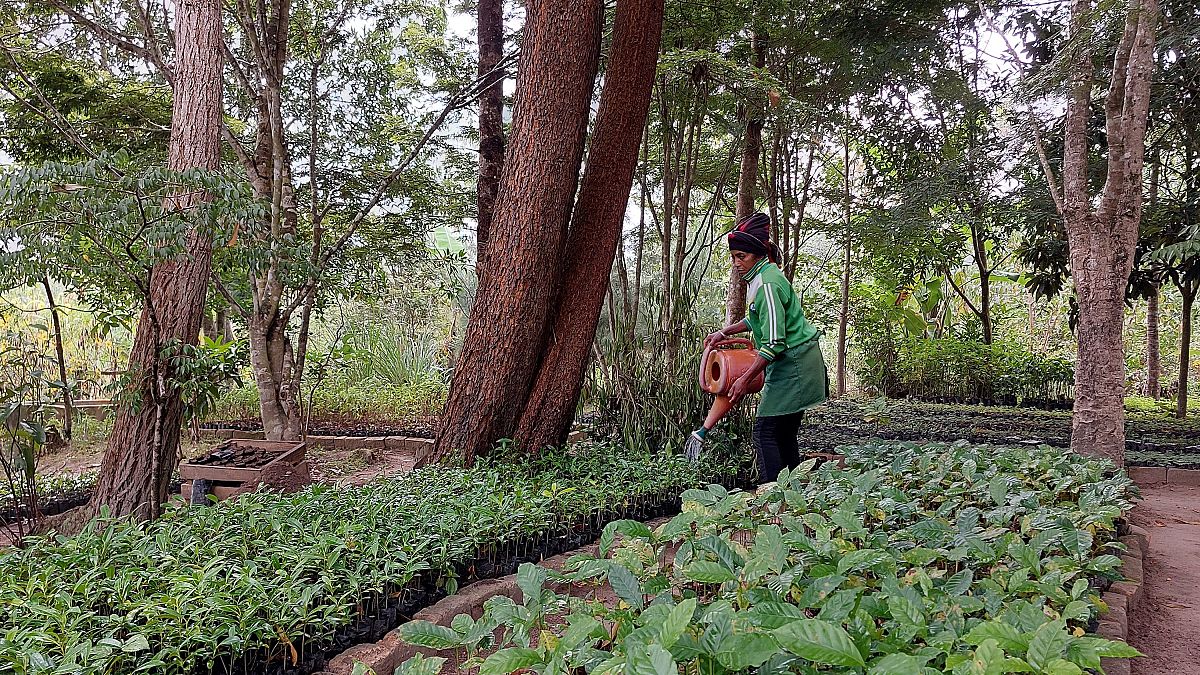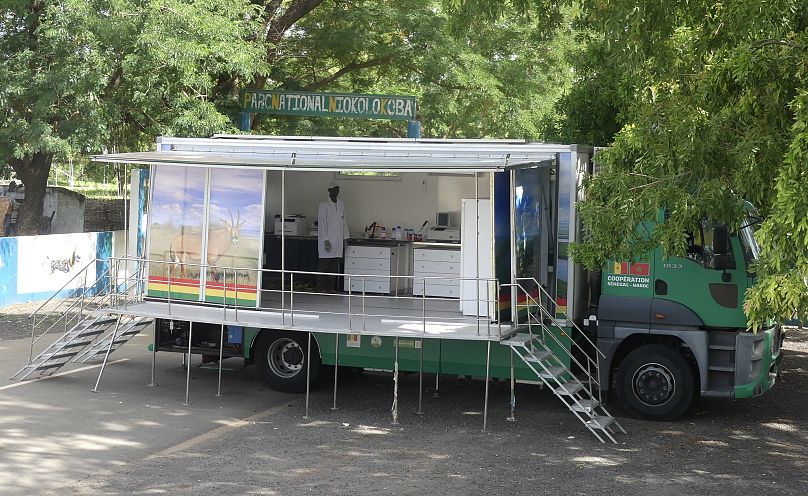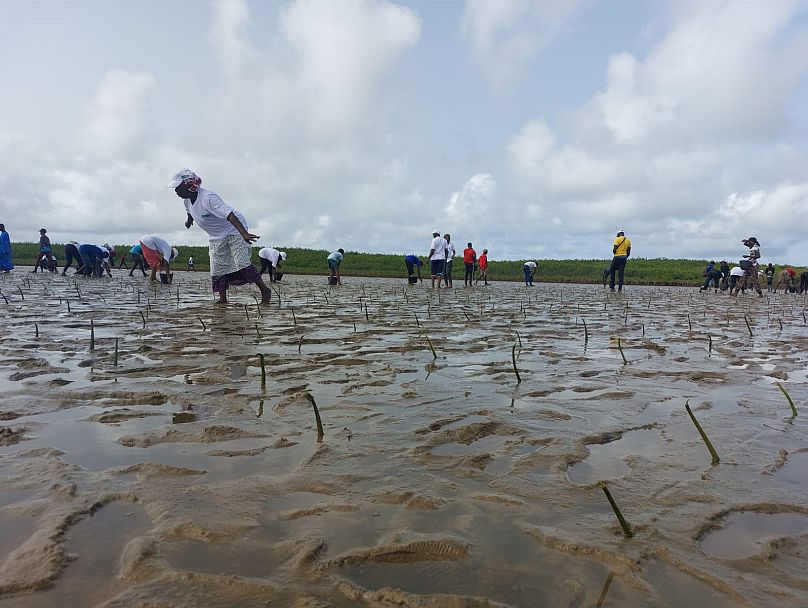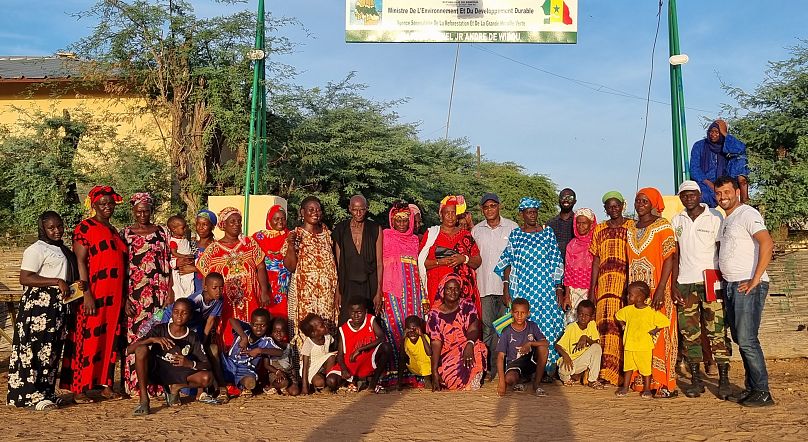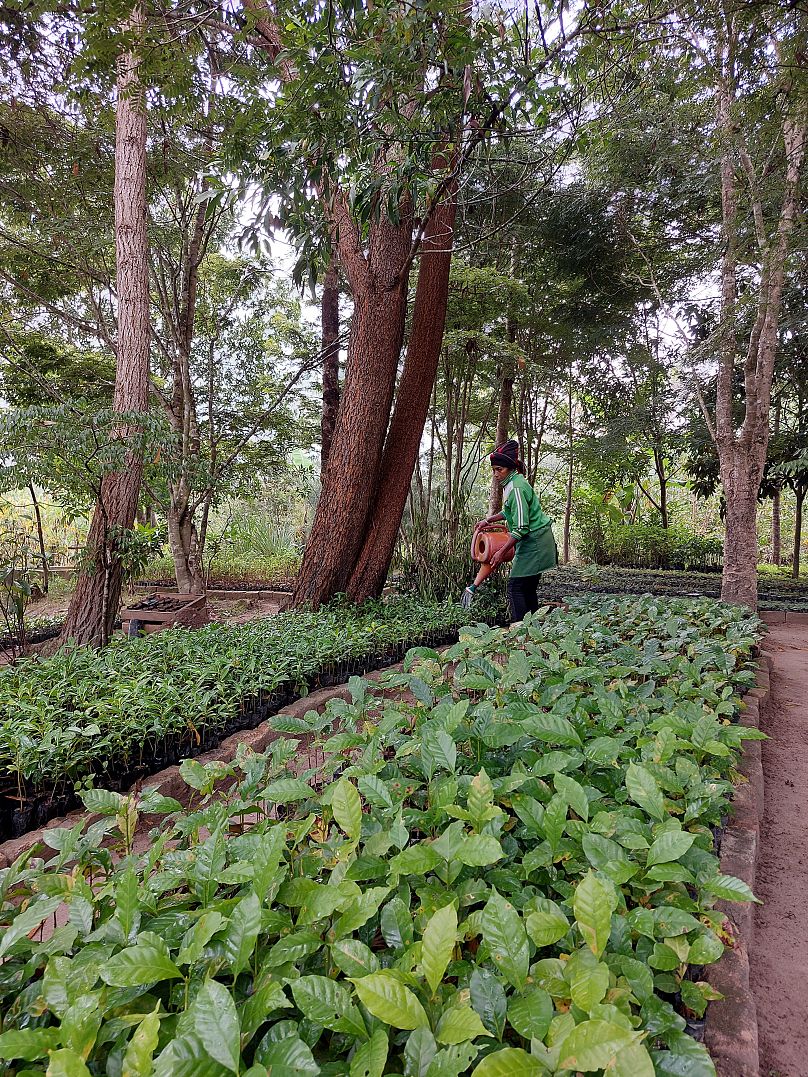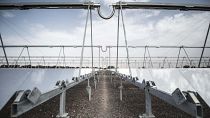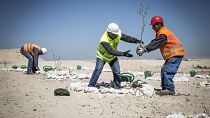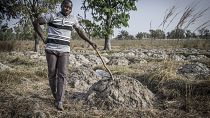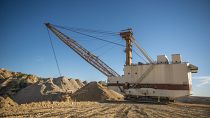Fluctuations in biodiversity have taken place since the beginning of time. Species and environments are constantly changing and adapting to climate variations. In recent years and decades, however, human activity has caused such dramatic changes to the environment that tens of thousands of species are lost every year.
OCP Group, a global leader in plant nutrition and the world’s largest producer of phosphate-based fertilisers, recognises that long-term strategies should incorporate every possible protection for environments and life forms.
As a committed industrial player, the group has set up a strategy for preserving biodiversity based on the knowledge, monitoring and evaluation of this heritage, in order to take the necessary measures to reduce negative impacts on flora and fauna.
The group’s commitments include: incorporating biodiversity conservation into its business strategy and planning; preservation of natural and cultural heritage sites; careful monitoring and control of any impacts on biodiversity brought about by OCP’s own operations, responsible disposal of waste material for the preservation of rivers and lakes, and protection of habitats and ecosystems of high ecological value where the group operates.
Joining forces with multilateral bodies, OCP is closely involved in many projects with both short and long-term benefits for biodiversity. These span myriad issues – such as water shortage, land degradation and desertification, deforestation and unsustainable agriculture.
Each of the group’s sites undergoes a biodiversity analysis during the permit process, and none is located in or beside protected areas. The sites themselves have a management plan for their green spaces, and ongoing projects ensure the rehabilitation of mining land.
OCP recognises its responsibility not only to protect the lands where it operates, but also to strive to make a difference elsewhere. The group undertakes to expand its reach even further, promoting the preservation of biodiversity outside the Moroccan borders within the African continent.
Through OCP Foundation, a public utility non-profit organisation, the group works with communities in Africa and beyond, by supporting sustainable initiatives that promote human development.
“We firmly believe that combining efforts with our partners and sharing our capacities is the only way to address our common challenges. Empowering our partners and the communities are a priority: our partnerships usually focus on pilot areas and enable the beneficiaries to become acquainted with the tools and techniques implemented, allowing them to continue the work on the rest of the territory, thus helping them build resilient communities” Hassina Moukhariq, head of international portfolio at OCP Foundation.
The race to save the Niokolo Koba Park
Some of OCP Foundation’s biodiversity management and conservation projects are in Senegal, home to the Niokolo-Koba National Park. Encompassing almost 10,000km2 of woodland and wetlands, this vast park is home to a rich variety of fauna, including lions, elephants, chimpanzees and leopards.
It is, however, on UNESCO’s endangered world heritage list, thanks to poaching, droughts, wildfires, poor soil and encroachments from local populations. These and other factors have led to a drop in water quality and diminishing levels of biodiversity.
OCP Foundation, together with the Senegalese Ministry of Environment and Sustainable Development, has launched a three-year conservation project for the area. The initiative is two-fold: it provides equipment and training to managers on the ground to enable them to improve the water quality, and it works with local communities to develop projects and raise awareness.
The Foundation is able to do this with the help of expert trainers at the Mohammed VI Polytechnic University (UM6P) in Morocco. Twenty-four executives from the Senegalese National Parks Department have received training in water quality analysis, and a mobile water analysis laboratory was provided to the National Parks Directorate, allowing the staff to put into practice the techniques they have learned.
“Thanks to this project, we will finally be able to address the issue of water quality in the park through the mobile laboratory system,” says Colonel Bocar Thiam, director of the National Parks of Senegal. “This is reinforced by the training of our agents, awareness-raising and environmental education for a change of behaviour in favour of biodiversity conservation.”
Local communities have also benefited from the project, with support provided to a women’s association located near the park. With technical and managerial capacity-building provided by OCP Foundation and the Cooplab, a laboratory of ideas and social innovation at the UM6P, the association has been able to set up an agroecological farm. This provides both produce and income for local people.
Wetland conservation in Joal-Fadiouth
On Senegal’s western coast, the Joal-Fadiouth bay is a protected area, and an important habitat for marine life. Together with the country’s Ministry of Environment and Sustainable Development and the Department of Community Marine Protected areas, OCP Foundation has undertaken a project to help local communities economically and socially, and to protect marine and coastal biodiversity in the area.
Wetlands comprising mudflats and mangroves surrounding the lagoon of Joal-Fadiouth are home to thousands of species of fish and sea birds. The mangrove provides protection for migratory species, such as sea turtles, and many types of shellfish.
OCP Foundation’s project sets out to protect these species while improving fishing yields, with socio-economic benefits for the local population. An important part of this project is training and education on themes ranging from awareness-raising, water salinity, soil management and key income-generating activities such as oyster farming and beekeeping, to running cooperatives, with a special focus on women’s associations. In July 2022, an extensive mangrove reforestation operation, covering 20 hectares, was undertaken with both partners and the local communities.
The Great Green Wall
All over Africa, but particularly in the Sahel region, which spans parts of Senegal, Mauritania, Mali, Burkina Faso, among others, habitats are being devastated by droughts and agricultural overexploitation. The Great Green Wall (GGW) initiative was conceived as a way to halt desertification in northern Africa, creating a vast west-to-east ‘buffer’ wall of trees and vegetation. The objectives are to strengthen food security in the region, create green jobs and combat land degradation.
OCP Foundation has teamed up with the Senegalese Agency for Reforestation and the Great Green Wall (ASERGMV) to implement a pilot project aimed at reducing the effects of climate change on both the environment and local communities. The aim is to establish a symbiotic relationship between the populations that live along the route of the Great Green Wall in Senegal, creating income-generating opportunities and improving living conditions, particularly for women and young people.
Ultimately, the sustainable management of ecosystems, reforestation and an improvement in water quality will lead to the regeneration of faunal and floral biodiversity. Along with experts from UM6P, OCP Foundation has committed to providing training and education, along with laboratory equipment for water quality control and soil monitoring. ASERGMV, UM6P and OCP Foundation have also launched a research fund within the Mohammed VI Polytechnic University, to support Senegalese institutions working towards the Great Green Wall in Senegal. This research fund targets four main research areas:
• water accessibility, management and governance
• renewable energy needs and accessibility
• community development through improved soil health and ecosystem restoration
• governance and local knowledge management.
Reforestation and biodiversity restoration in Madagascar
In 2022 OCP Foundation joined forces with Madagascar’s Ministry of Agriculture in the successful implementation of a community development initiative in three regions of the country. The project focuses on reforestation and biodiversity restoration, which will contribute to carbon sequestration and the promotion of inclusive local employment.
